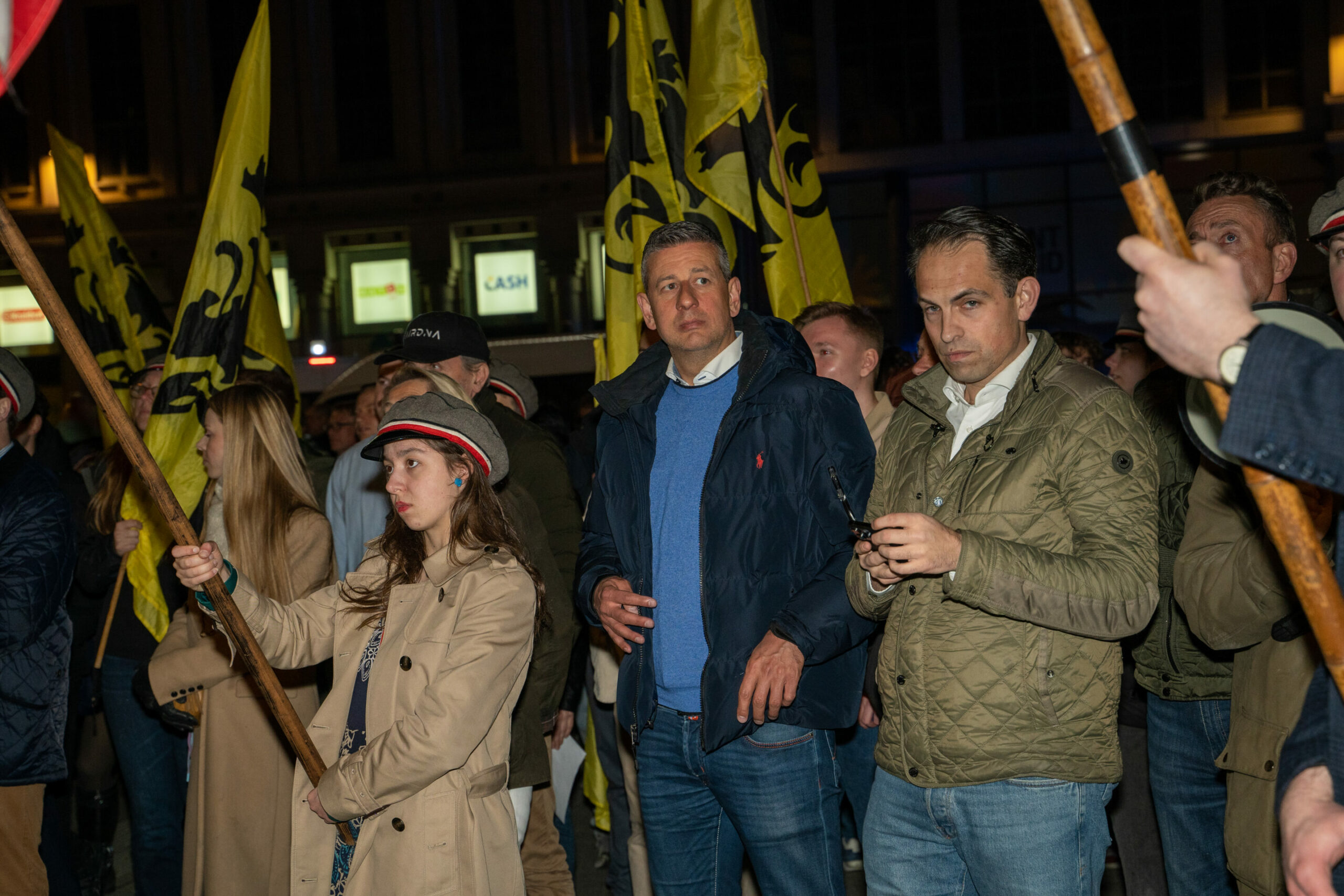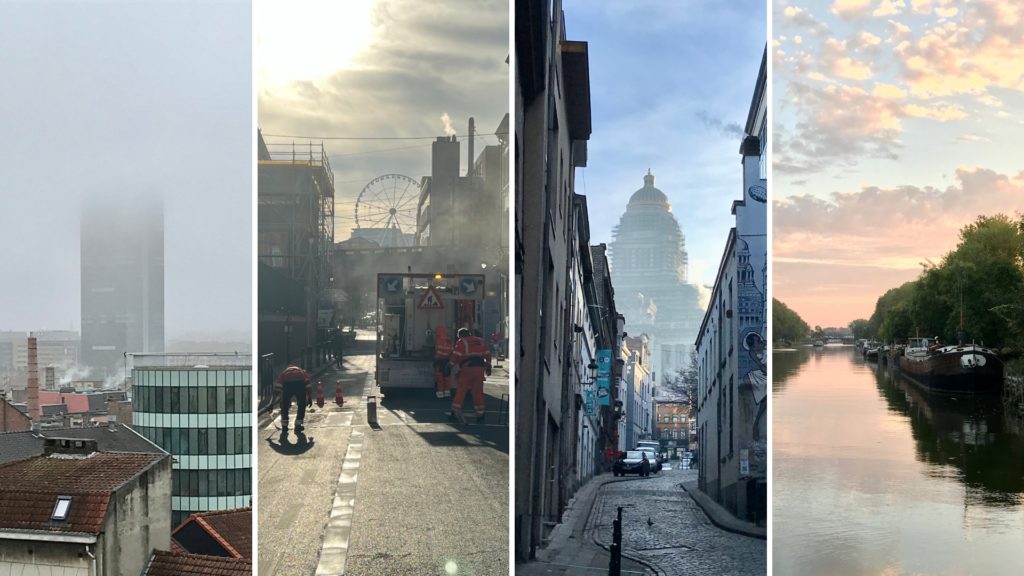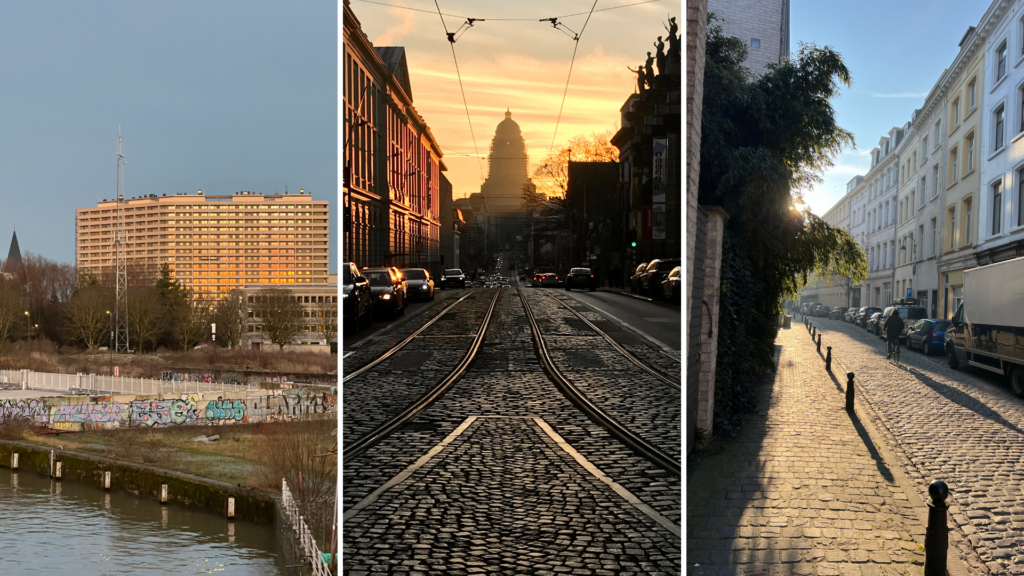What makes Brussels special? It’s a question that is central to the identity of this publication and one this Brief has considered from many angles. And after almost four years relaying conversations with colleagues, long-term locals and new arrivals, it’s a vocation I hereby lay to rest. In this format at least, as I sign off my valedictory missive.
I’ve developed a soft spot for Brussels, though it’s an affection that has not been unconditional: there’s a lot that can go wrong in a city as convoluted as this. And there’s a lot that does – not only due to the exasperating overlay of competences, which allows the buck to be shoved around offices ad infinitum, with no executive body willing to accept responsibility. The inefficiency is mind-bending, illogical to the point that we might one day say Brusselline instead of Byzantine.
I lose count of how many expats have at some point had recourse to lawyers to lead them through the administrative maze, only to arrive at a decision that on paper should have been well within reach. How many of us have been suspended in legal limbo, our stability and security hanging on some inaccessible official whose favour may as well depend on atmospheric variables rather than the letter of the law? How many talented individuals have given up on Belgium, frustrated by the arbitrary handling of their dossiers, the moving goalposts and Catch-22s that prevent them from contributing to this quirky corner of Europe?
The idiosyncrasies that at street level make this an enthralling place to live are sadly there in the administrative architecture as well, making for substantial disparities between the 19 communes into which Brussels is divided. Scale this up to the regional and federal levels and you get a sense of how things get to be so darned confusing. Little wonder the accusations of back-door deals and corner-cutting are widespread.
On top of this is the hubris of city officials that invariably backfires, leaving locals to struggle through the rubble of prestige projects gone awry. Nothing epitomises this more than Metro3, the new line that will allow Brussels to become a “global city”, with a fast connection linking the north and the south of the region. The reality is a demolition site on track to be billions over-budget, a stain on the city centre that no amount of concrete can fix. “Full steam ahead” MPs insisted, in their excitement forgetting to thoroughly survey the soil through which critical tunnels would run. The result is a monumental cock-up, displacing local businesses, disrupting communities and forcing the city deeper into debt. Such squandering of public money would trigger inquiries elsewhere, in Brussels it’s par for the course.
Put your mind to it and you can get pretty worked up about the state of things. The closer you look, the more confounding it becomes. Even the charm we try to discern beneath the grit and grime is often only in the eye of the beholder; for fleeting visitors it’s hard to spot what makes this city great. Brussels is not a tourist heart-throb, its shabby shopfronts and endless roadworks are not the envy of the world, and locals are not oblivious to the chaos that awaits each time they step outside. Any lyricism the city elicits is probably forced, or the product of its fine beverages that brighten many a dull day.
But for all the city’s faults, Brussels retains a residual allure that defies the disorder. “Beyond repair”, “perfectly imperfect” and “hopelessly flawed” are some of the labels often applied – telling of the attachment and annoyance this place inspires. It’s a crucible of contradictions that many residents are reluctant to recognise as home, seeing their life in Brussels as a career chapter, a landing ground before brighter prospects present themselves, a transition phase that they engage with when the weather’s nice. And it’s not only expats who are non-committal, many Walloons and Flemings are despairing about the city, seeing it as the centre of decadence rather than a national treasure.
Belgium is a country created to keep its neighbours apart, that struggles to pull itself together. Its capital is living proof of this dichotomy, a territory claimed by many but conquered by none. For non-Belgians building their future it’s a land of promise, open to interpretation and unimposing (once you’ve jumped the administrative hurdles). Brussels is brimming with language, experimentation, and opinion. Here you find the most unlikely characters without the flavour of affectation, quirks abound and oddballs are accepted.
“Nothing compares to the metropolitan anarchy that Brussels radiates,” I once was told by a champion for the city. I agree. And I’m grateful for the opportunity to write about this perpetual work in progress, this world city on a local scale that I now call home.
Thanks for reading.
Belgium in Brief is a free daily roundup of the top stories to get you through your coffee break conversations. To receive it straight to your inbox every day, sign up below:
1. What do Trump’s auto tariffs mean for Europe and Belgium?
“The EU’s exposure is significant, with car exports of €38.9 billion to the US in 2024. Automotive exports from Belgium to the United States were worth €1.3 billion in 2024." Read more.
2. Far-right figures from across Europe gather in Ghent amid large police presence and counter protest
Thursday evening saw the progressive Flemish city of Ghent become a venue for an ultranationalist student march, a rally for the far-right that was met with counter-protests and clashes that required intervention from riot police. Read more.

3. Not on the Guest List: Being creative in Brussels
Many studios offer one-offs, trial periods, apéros, and week-long intensive courses that are also a perfect way to meet other curious, creative souls. Read more.
4. Police and firefighter unions denounce ‘recurring’ police violence in Brussels
Police are accused of using "excessive force" in an brawl between officers and firefighters on 13 January. Read more.
5. Engineering is most attractive profession in Belgium – study
Although engineering is considered the most attractive profession by approximately 3,000 respondents, its popularity has decreased. Read more.
6. Rubbish collection will likely be disrupted on Monday
Brussels' Cleaning Agency is expecting Monday's national strike to disrupt its services. Read more.
7. What to do in Brussels this weekend: 28 – 30 March
From film festivals and second-hand book sales to a local dance project and Spanish Golden Age theatre, find out what's happening in Brussels in the coming days here. Read more.


